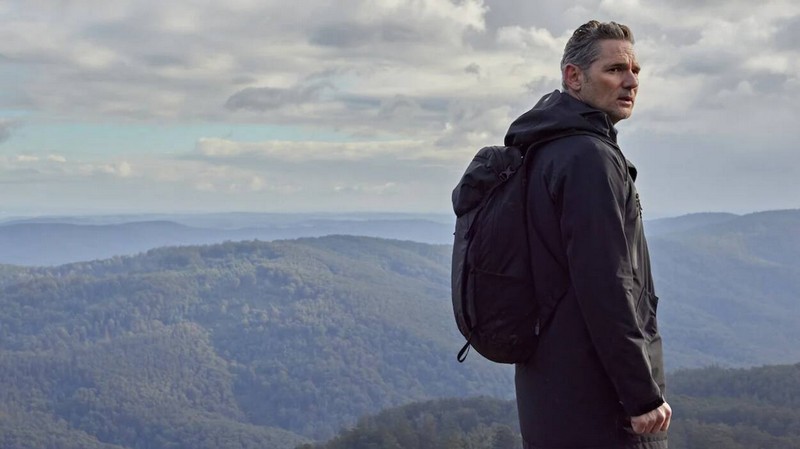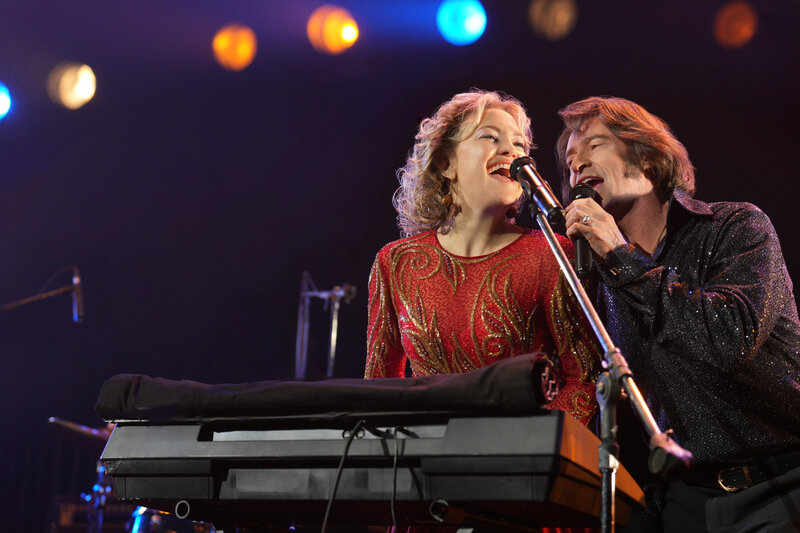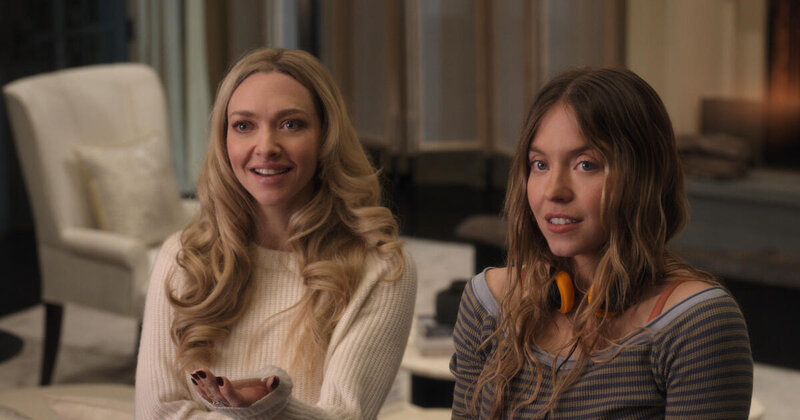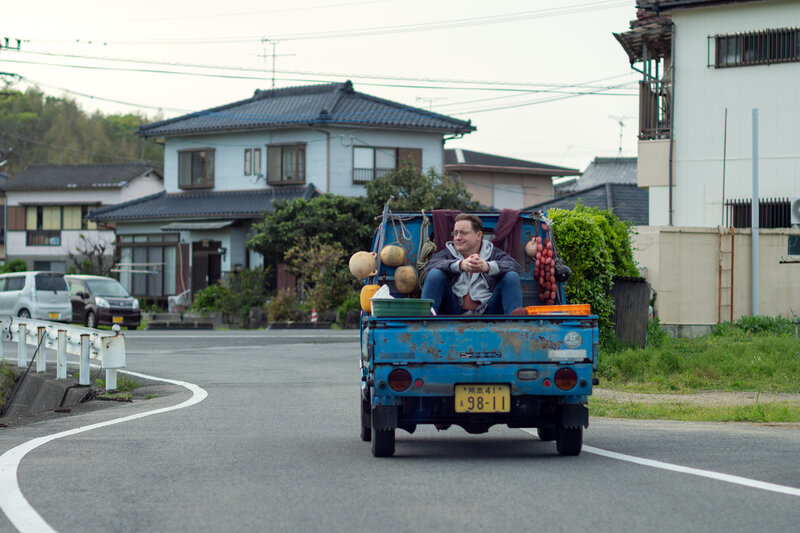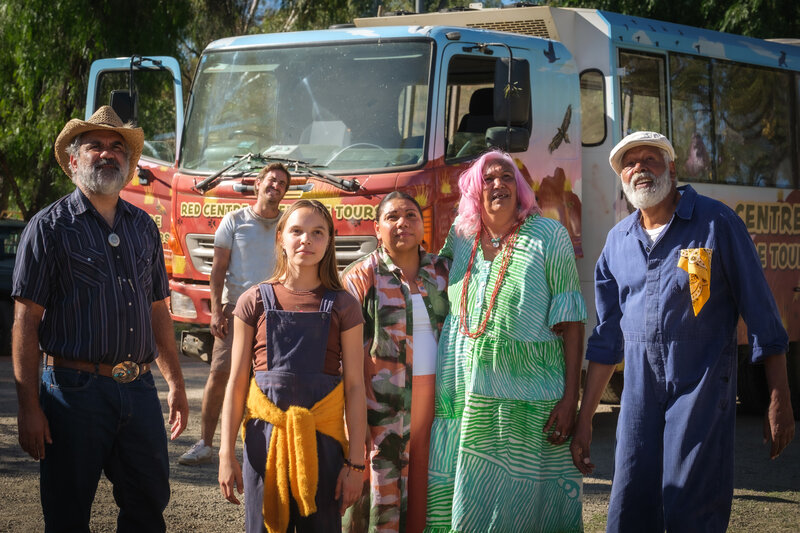Non-indigenous Australians have often had a rather fraught relationship with the landscape of this continent. On one hand, its “boundless plains” offered a sense of opportunity; a chance to control the environment. But the land is also sometimes perceived as a wild place that can never be controlled. This led to a pervading sense of unease about venturing into the untamed landscape. Cinema isn’t immune from this feeling – it’s been evident from the early days of Australian films. You can see it in, for example, Nicholas Roeg’s Walkabout (1971), or James Bogle’s underrated In the Winter Dark (1998). And it seeps into Robert Connolly’s new film, Force of Nature: The Dry 2.

Although the marketing might suggest this is a sequel to Connolly’s The Dry (2020), it’s in fact a stand-alone drama with the same central character. Connolly’s screenplay is based on Jane Harper’s novel Force of Nature, the second in her Aaron Falk series. Indeed, if you watch closely, the words “The Dry 2” never actually appear on screen. That’s probably for the best because there’s precious little “dry” about the film. Set in Victoria’s mountain country (it was mostly filmed in the Dandenong Ranges), the film features more water than anything else.
You might recall from The Dry that Aaron Falk (Eric Bana) is a detective with the Australian Federal Police dealing mainly with corporate crime. He’s back on familiar ground now, investigating a Melbourne financial services company with colleague Carmen (Jacqueline McKenzie). Through a stroke of good fortune, they have an informer on the inside, Alice (Anna Torv), a driven but troubled mid-level manager. Aaron is pressing Alice to copy some vital documents before the firm’s founders, Jill Bailey (Deborra-Lee Furness) and husband Daniel (Richard Roxburgh), get wind of the investigation. But Alice is jammed – she’s committed to a corporate bonding exercise in the mountains and not going might arouse suspicion. So she takes the copied documents with her on a flash drive.
The exercise involves a three-day hike in rugged country, with staff divided by gender. Jill leads the the women’s group, which includes Alice. With them are two junior employees, sisters Bree (Lucy Ansell) and Beth (Sisi Stringer); and the nervy Lauren (Robin McLeaven). When the women return to their hotel three days later however, Alice is missing. A full-scale search is mounted, coordinated by local cop Sgt King (Kenneth Radley). With their key witness’s whereabouts unknown, Aaron and Carmen head to the high country to try to uncover what’s happened to her.
Much like The Dry, the drama unfolds in three time periods. The “present” of the film involves the search for Alice, while the “past” follows events on the hike. Laid over the top are scenes from Falk’s childhood that weave into the story. Key details are gradually revealed – along with several red herrings. Connolly’s screenplay is engaging, although it doesn’t quite have the edge he displayed with The Dry. The story itself lacks the shocking motivating event that propelled the earlier film, which no doubt has something to do with the more low-key feel to this one.
It also shares a filmmaking sensibility with The Dry, in which the landscape and the elements play a significant role in the drama. They’re brought vividly to life here by cinematographer Andrew Commis (Blueback); and complemented by Peter Raeburn’s score.
The cast are all handed a rather difficult task since few if any of the characters are terribly sympathetic. Falk probably comes closest to being likeable, but even he has some prickly aspects that Eric Bana has to grapple with. Anna Torv (The Newsreader) is excellent as the deeply conflicted Alice; while Deborra-Lee Furness is cast against type as the steely Jill. Sisi Stringer and Lucy Ansell put in convincing performances as the bickering siblings. Richard Roxburgh’s (Elvis) Daniel is basically Cleaver Green with a nicer car; while Jacqueline McKenzie doesn’t get a lot to work with as Carmen.
If you loved The Dry like I did, you might find Force of Nature a bit more, well, subdued. It’s not a bad film by any means – indeed, it’s a fine example of Australian filmmaking – but it just falls a little short of the high standard set by its predecessor. But with another book in the Aaron Falk series still to go, I’m looking forward to the next installment.
David Edwards
Other reviews you might enjoy:

David Edwards is the former editor of The Blurb and a contributor on film and television

